Are There Any Benefits of Chewing Gum?
Chewing gum traces back thousands of years, with ancient civilizations like the Aztecs and Greeks chewing tree resin. The modern concept emerged in the 19th century and was popularized by companies like Wrigley. Today, chewing gum is ubiquitous in modern society and is found in various flavors and types worldwide. Despite occasional debates on its etiquette, chewing gum offers potential benefits to oral health, cognition, and stress relief. However, research is ongoing to understand the full extent of these benefits of chewing gum.
Oral Health Benefits of Chewing Gum
1. Stimulates Saliva Production: Chewing gum stimulates saliva flow, which helps to neutralize acids, remineralize tooth enamel, and wash away food particles, reducing the risk of cavities.
2. Reduces Dry Mouth: Sugar-free gum can alleviate discomfort by increasing saliva production and moistening the oral cavity for individuals suffering from dry mouth due to medications or medical conditions.
3. Promotes Oral Hygiene: Chewing sugar-free gum after meals can help dislodge food particles stuck between teeth, reducing the likelihood of plaque buildup and preventing gingivitis.
4. Freshens Breath: Sugar-free gum containing breath-freshening ingredients like menthol or mint can temporarily mask bad breath, promoting a feeling of freshness and confidence.
5. May Aid in Smoking Cessation: Some studies suggest that chewing nicotine gum can help individuals quit smoking by reducing cravings and withdrawal symptoms, ultimately improving overall oral health by eliminating exposure to tobacco smoke.
Other Potential Benefits of Chewing Gum
1. Improved Alertness and Focus: Chewing gum has been linked to increased blood flow to the brain, which may enhance alertness, concentration, and cognitive function, making it useful during tasks requiring mental acuity.
2. Stress Reduction: Chewing gum can help alleviate stress and anxiety by providing a repetitive motion that is a form of relaxation and distraction from stressful situations.
3. Appetite Control: Chewing gum, particularly sugar-free varieties, may help control appetite by providing a low-calorie distraction, reducing the urge to snack between meals, and potentially aiding in weight management efforts.
4. Aiding Digestion: Chewing gum can stimulate saliva production, which not only promotes oral health but also aids in digestion by initiating the breakdown of food particles and activating digestive enzymes in the mouth. This can lead to smoother digestion processes post-meals.
Considerations and Limitations of Chewing Gum
1. TMJ and Jaw Problems: Excessive chewing, especially vigorous, can exacerbate temporomandibular joint (TMJ) disorders or cause jaw muscle fatigue and discomfort, leading to jaw pain or clicking.
2. Dental Health Concerns: While sugar-free gum can benefit oral health, gum containing sugars can contribute to dental decay if not used in moderation. Prolonged exposure to sugary gum can increase the risk of cavities, especially if oral hygiene practices are inadequate.
3. Potential for Overconsumption: Chewing gum excessively, particularly those containing sugar alcohols like sorbitol or xylitol, may lead to gastrointestinal issues such as bloating, gas, or diarrhea, especially in individuals sensitive to these ingredients.
Wrap Up!
In conclusion, the question of whether there are benefits to chewing gum reveals a nuanced reality. While chewing gum, particularly sugar-free types, can offer advantages like improved oral health, stress reduction, and appetite control, caution is warranted. It should complement rather than substitute proper oral hygiene practices. However, considerations such as TMJ issues, dental health concerns, overconsumption risks, and environmental impact warrant further exploration. Embrace the benefits responsibly with sugar-free gum, but constantly chew wisely for a healthier smile and environment. Keep exploring for a balanced approach to your oral care routine!
Frequently Asked Questions
Chewing gum stimulates saliva production, which helps neutralize acids, remineralize tooth enamel, and wash away food particles, reducing the risk of cavities. It also promotes oral hygiene by dislodging food particles and preventing plaque buildup
Sugar-free gum can alleviate discomfort associated with dry mouth by increasing saliva production and moistening the oral cavity. This can particularly benefit individuals with medications or medical conditions causing dry mouth.
Chewing gum can help alleviate stress and anxiety by providing a repetitive motion that serves as a form of relaxation and distraction from stressful situations.
Excessive chewing, especially vigorous, can exacerbate temporomandibular joint (TMJ) disorders or cause jaw muscle fatigue and discomfort. Additionally, gum containing sugars can contribute to dental decay if not used in moderation, and excessive consumption of sugar alcohols in some gums may lead to gastrointestinal issues.
It’s essential to opt for sugar-free gum to avoid dental decay. Additionally, individuals with TMJ issues should be cautious about excessive chewing, and those sensitive to sugar and alcohol should monitor their intake. It’s also crucial to consider environmental impact and opt for eco-friendly gum options whenever possible.




